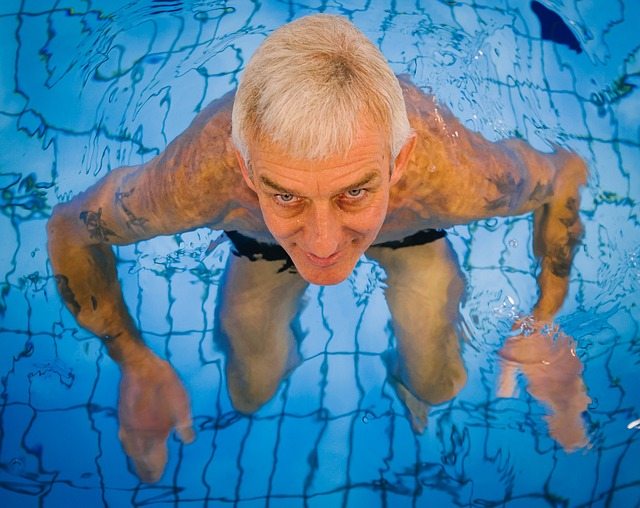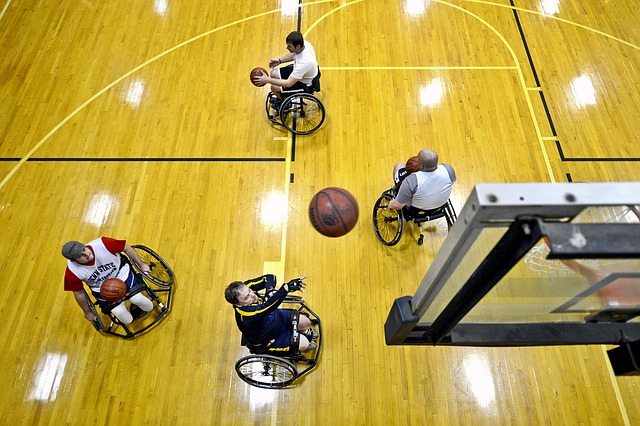Physical exercise is essential for staying healthy, fit and strong. This is especially the case as we age and when living with a disability. Adults with disabilities are three times as likely to suffer from heart disease, diabetes, and cancer as adults without disabilities. Aerobic and muscle-strengthening activities can reduce the impact or even prevent these chronic diseases and promote a healthier, more mobile lifestyle.
Aerobic Activities
Aerobic activity is something every adult should do on a regular basis. Aerobic exercise can increase the efficiency of the respiration system, improve circulation and cardiovascular efficiency, improve motor coordination, and decrease the risk of developing artery disease, cancer, and diabetes. Aerobic activity has the added benefits of decreasing anxiety and stress and improving emotional health.
Aerobic activity is something every adult should do on a regular basis. Aerobic exercise can increase the efficiency of the respiration system, improve circulation and cardiovascular efficiency, improve motor coordination, and decrease the risk of developing artery disease, cancer, and diabetes. Aerobic activity has the added benefits of decreasing anxiety and stress and improving emotional health.
Doctors recommend either 150 minutes of moderate-intensity aerobic physical activity a week or 75 minutes of vigorous-intensity aerobic physical activity. Alternatively, you can do a mix of moderate and vigorous aerobic intensity.
Moderate-intensity aerobic activity can include brisk walking, hiking, wheeling independently in a wheelchair, ballroom dancing, and aquatic therapy.
Vigorous activity can include jogging, wheelchair basketball, wheelchair volleyball, or wheelchair tennis. Vigorous-intensity activities to get you outside can include cross-country or downhill skiing, water aerobics, and horseback riding.
Muscle-Strengthening Activities
Gaining muscular strength isn’t just for gym rats and bodybuilders. Having muscular strength means having higher muscle mass and higher amounts of energy that can make your body stronger and healthier. Muscular strength also benefits your overall health and can aid in the prevention of cardiovascular diseases, hypertension, hyperlipidemia, and diabetes.
Gaining muscular strength isn’t just for gym rats and bodybuilders. Having muscular strength means having higher muscle mass and higher amounts of energy that can make your body stronger and healthier. Muscular strength also benefits your overall health and can aid in the prevention of cardiovascular diseases, hypertension, hyperlipidemia, and diabetes.
Doctors recommend working on muscle strengthening exercises that target your major muscle groups at least twice a week.
Muscle-strengthening exercises include working with resistance bands or engaging in adapted yoga classes. Check out this comprehensive list of seated-position exercises for strength training with a disability from Sparkpeople.com.
Physical activity is important for every adult to engage in, and it’s essential to maintaining a healthy lifestyle. Consult with a doctor for recommendations on physical activities. Doctors can help recommend activities based on ability, desired intensity levels, frequency, and which activities you enjoy and want to explore. Most importantly, have fun with it!


